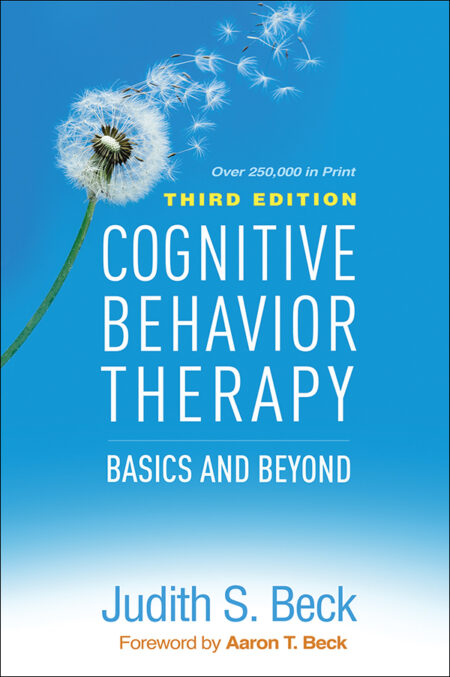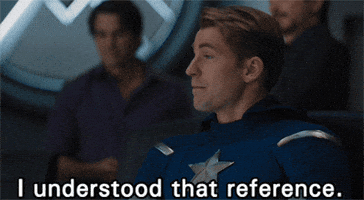Also, they gave these suggestions for additional resources:
Avoiding the Hemlock: Socratic Dialogue III. (n.d.). In the Room. Retrieved March 19, 2024, from
https://gandalwaven.typepad.com/intheroom/2006/12/avoiding_the_he.html
Braun, J. D., Strunk, D. R., Sasso, K. E., & Cooper, A. A. (2015). Therapist Use of Socratic Questioning Predicts Session-to-Session Symptom Change in Cognitive Therapy for Depression. Behaviour Research and Therapy, 70, 32–37.
Redirecting
Carey, T. A., & Mullan, R. J. (2004). What is Socratic questioning? Psychotherapy: Theory, Research, Practice, Training, 41(3), 217–226.
APA PsycNet
Overholser, J. (1994). Elements of the Socratic method: III. Universal definitions. Psychotherapy: Theory, Research, Practice, Training, 31, 286–293.
APA PsycNet
Overholser, J. C. (1993a). Elements of the Socratic method: I. Systematic questioning. Psychotherapy: Theory, Research, Practice, Training, 30(1), 67–74.
APA PsycNet
Overholser, J. C. (1993b). Elements of the Socratic method: II. Inductive reasoning. Psychotherapy: Theory, Research, Practice, Training, 30(1), 75–85.
APA PsycNet
Overholser, J. C. (1995). Elements of the Socratic method: IV. Disavowal of knowledge. Psychotherapy: Theory, Research, Practice, Training, 32(2), 283–292.
APA PsycNet
Overholser, J. C. (1996). Elements of the Socratic method: V. Self-improvement. Psychotherapy: Theory, Research, Practice, Training, 33(4), 549–559.
APA PsycNet
Overholser, J. C., & Beale, E. (2023). The art and science behind Socratic questioning and guided discovery: A research review. Psychotherapy Research, 33(7), 946–956.
https://doi.org/10.1080/10503307.2023.2183154
Padesky, C. A. (1993). Socratic Questioning: Changing Minds or Guiding Discovery?
(PDF) Elements of the Socratic method: VI. Promoting virtue in everyday life | James Overholser—Academia.edu. (n.d.). Retrieved March 19, 2024, from
Elements of the Socratic method: VI. Promoting virtue in everyday life
Ph.D, J. S. (2020, June 19). Socratic Questioning in Psychology: Examples and Techniques. PositivePsychology.Com.
Socratic Questioning in Psychology: Examples and Techniques
Rutter, J. G., & Friedberg, R. D. (1999). Guidelines for the effective use of Socratic dialogue in cognitive therapy. In Innovations in clinical practice: A source book, Vol. 17 (pp. 481–490). Professional Resource Press/Professional Resource Exchange.
30



